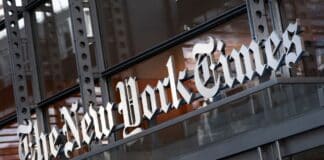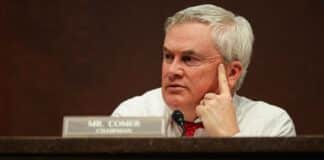The The Walt Disney Company is seeing a significant drop in public interest at its theme parks, according to recent search‑trend data. While global travel and pandemic after‑effects play a part, analysts say brand fatigue, controversial policy shifts and costly expansions are all contributing factors that warrant attention.
Search‑volume data from Google Trends analysed by business media show sharp declines for several Disney parks since 2020. For instance, queries for Magic Kingdom at Disney World fell by 21 percent, and searches for the broader “Disney World” brand dropped 26 percent. Meanwhile, Disney’s Animal Kingdom Theme Park reportedly suffered the steepest drop—a 51 percent decline. Some parks bucked the trend: Hong Kong Disneyland saw a 38 percent uptick and Shanghai Disneyland gained 29 percent.
Analysts argue lower search volume may signal long‑term damage to brand engagement. Less online interest often precedes reduced attendance or softer spending. For Disney’s domestic parks, media reports already flag attendance and operating‑income pressures—even as the company invests heavily in multi‑billion‑dollar expansions. One article titles the parks business “casting a dark spell on its fortunes.”
Several factors are cited as drivers of these trends. Rising ticket prices and added fees have frustrated families. Simultaneously, fans and conservative customers have voiced objections to certain corporate policy changes, including the removal of traditional language and the overhaul of beloved attractions. Critics say these moves have alienated segments of Disney’s historical audience without necessarily attracting new ones.
While international parks show mixed results, with some growth in Asia, the domestic slump is troubling. For conservative and faith‑based consumers who value family traditions and affordability, these developments may signal a deeper shift in Disney’s brand identity and public appeal.





